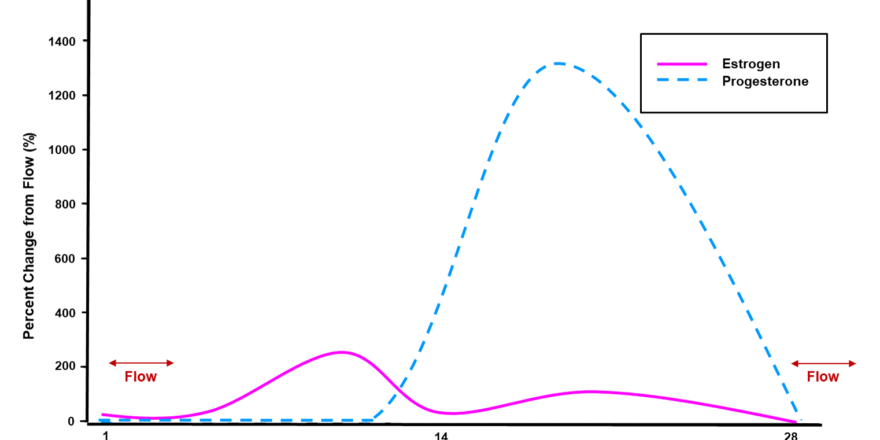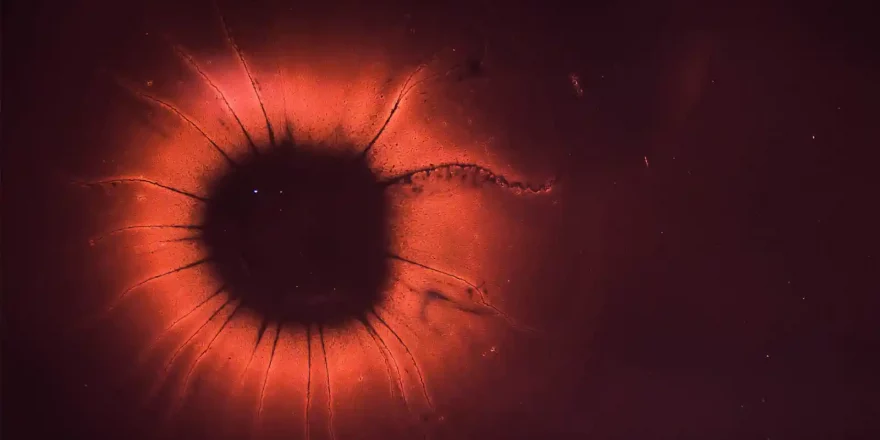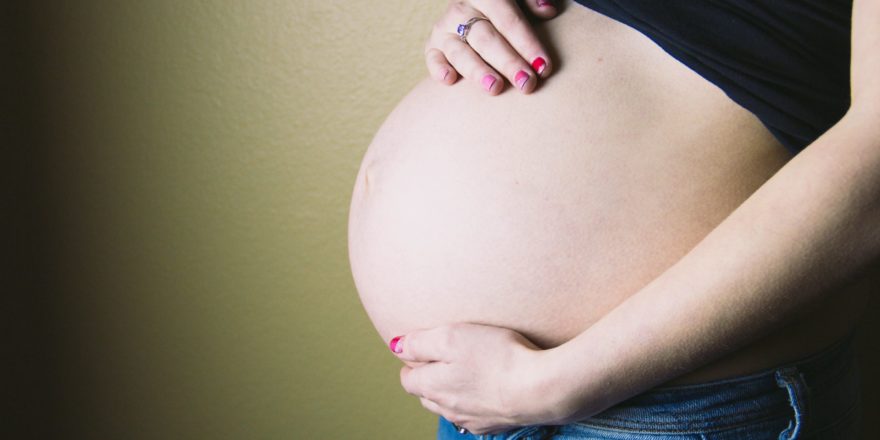Hormone levels are a central aspect of polycystic ovary syndrome (PCOS), and exposure to hormones as a foetus has significant consequences for the girl as an adult. Elevated androgens and Anti-Mullerian hormone (AMH) as a foetus alter the hormonal balance of girls after they reach puberty. However, adult hormones are heavily influenced by die...
Inflammation
Inflammation is a core part of PCOS, even though irregular ovulation, high testosterone and abnormal ovaries are the stand-out features of the condition. i For many (but not all) women the inflammation is closely linked to obesity and insulin resistance: 80% of obese PCOS women have insulin resistance 30-40% of lean PCOS women have insulin re...
Development in the Womb
A baby girl’s development in the womb significantly affects her chances of having PCOS as an adult. There are two ways a baby’s development while in the womb can later affect the baby girl as an adult. The baby’s womb environment is heavily influenced by what’s going on in the mother’s body, especially her hormone balance, and pregnant women ...
Ethnicity & Genetics
Ethnicity and genetic predispositions to a wide range of conditions and abilities affect us all, and there are clear interactions between ethnicity and polycystic ovary syndrome (PCOS), as well as the influence of lifestyle and diet on the condition. Despite much research, no specific genes for PCOS have been found, but the daughters and sist...




